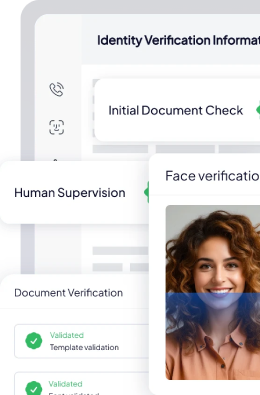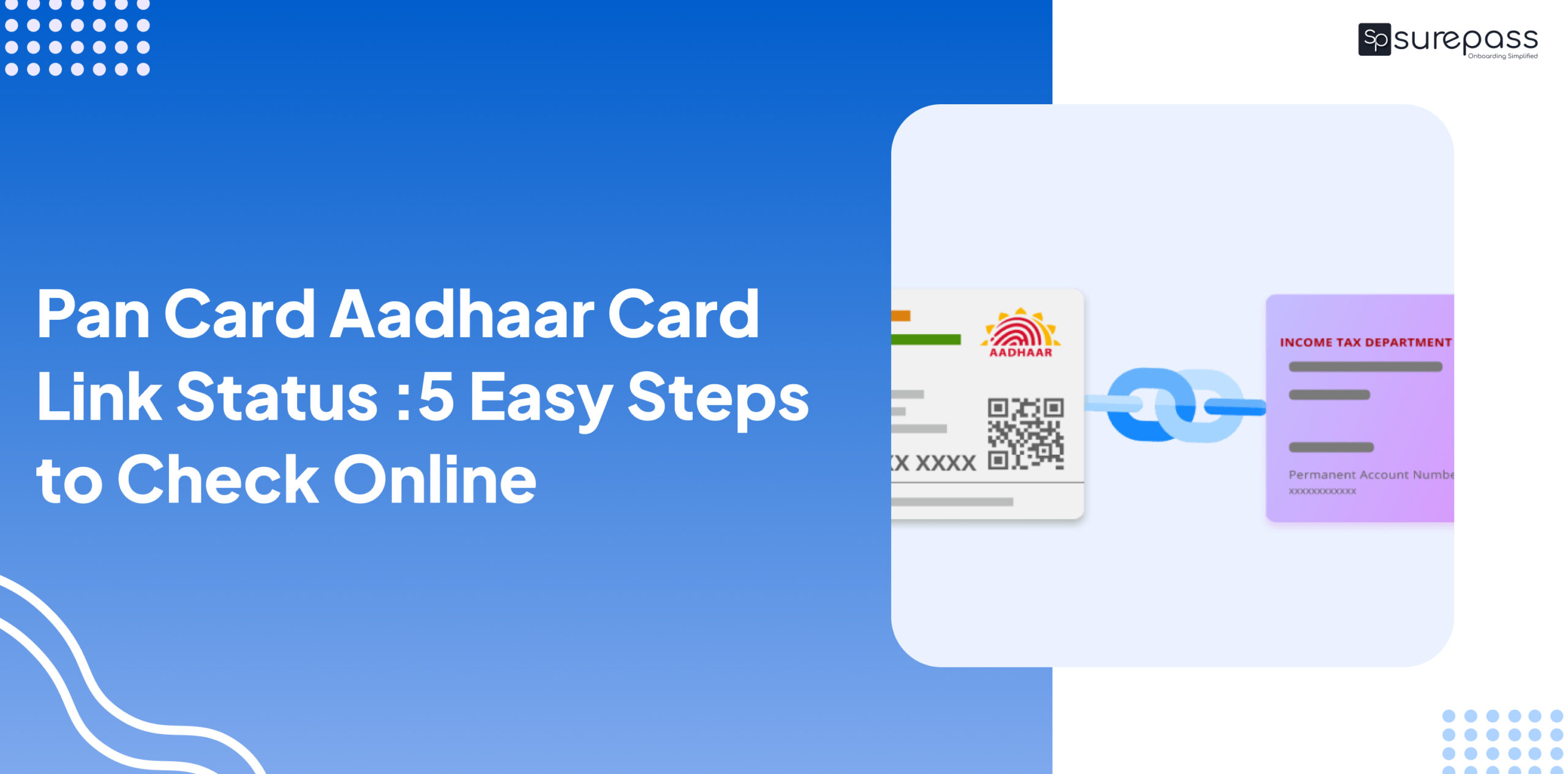In today’s digital age, where online transactions have become the norm, ensuring the authenticity of identities is of paramount importance. To combat financial fraud and money laundering, governments and financial institutions around the world have implemented various Know Your Customer (KYC) regulations. The CKYC Registry is a significant development in this regard, aiming to streamline and centralize the KYC process. This article will delve into the concept of the Central KYC Registry, its benefits, and its implications for individuals and institutions.
1. Introduction to KYC and Its Importance
KYC, or Know Your Customer, refers to the process of verifying the identity of customers before engaging in business transactions. Financial institutions are required by law to conduct KYC checks to prevent money laundering, terrorist financing, and other illicit activities. KYC processes typically involve the collection and verification of personal information, such as name, address, date of birth, and identification documents.
2. The Need for a Central KYC Registry
Traditionally, each financial institution conducted its own KYC checks independently. This approach led to redundancies, delays, and inconsistencies in the KYC process. Moreover, individuals were burdened with submitting KYC documents repeatedly to different institutions, which was time-consuming and inconvenient.The need for a centralized KYC system became apparent to address these challenges effectively.
3. What does Central KYC Registry means?
The CKYC Registry (CKYCR) is a centralized repository of KYC records maintained by the Government of India. It serves as a single source of verified customer information, accessible to all registered financial institutions. The CKYCR was established by the Department of Revenue, Ministry of Finance, Government of India, in collaboration with the Reserve Bank of India (RBI).
4. How Does the Central KYC Registry Work?
The CKYC Registry works by allowing individuals to provide their KYC information to one financial institution, referred to as the KYC User Agency (KUA). The KUA collects and uploads the customer’s KYC records onto the CKYCR database. Once the KYC records are uploaded, they become accessible to all registered entities, such as banks, insurance companies, mutual funds, and other financial institutions.
Automate your KYC Process & reduce Fraud!
We have helped 200+ companies in reducing their user onboarding TAT by 95%
5. Benefits of the Central KYC Registry
The implementation of the CKYC Registry offers several benefits for both individuals and financial institutions:
-
Streamlined KYC Process
With the CKYCR in place, individuals only need to complete the KYC process once. Their KYC records are then available to all registered entities, eliminating the need for repetitive submissions. This streamlines the onboarding process, making it quicker and more efficient for customers.
-
Enhanced Customer Experience
The centralized KYC system simplifies the customer experience by reducing paperwork and eliminating the hassle of submitting KYC documents to multiple institutions. Customers can open accounts or avail financial services with greater ease and convenience.
-
Improved Data Accuracy and Consistency
By centralizing KYC data, the CKYCR helps maintain the accuracy and consistency of customer information. It reduces the risk of errors or discrepancies that may arise when different institutions collect and store KYC records independently.
-
Effective Fraud Prevention
The CKYC Registry acts as a powerful tool in combating financial fraud, identity theft, and money laundering. It enables financial institutions to verify the authenticity of customer identities more effectively, contributing to a safer financial ecosystem.
6. Ensuring Data Security and Privacy
Data security and privacy are crucial aspects of the Central KYC Registry. The CKYCR is designed with stringent security measures to protect sensitive customer information. Access to the registry is limited to registered entities, ensuring that only authorized organizations can retrieve and utilize the KYC records. Additionally, the CKYCR complies with relevant data protection laws and regulations to safeguard individuals’ privacy.
7. Impact on Financial Institutions
For financial institutions, the Central KYC Registry streamlines their KYC processes, reducing administrative overheads and improving operational efficiency. It allows them to access verified KYC records, minimizing the risk of fraud and non-compliance. By eliminating duplications and redundancies, financial institutions can redirect their resources towards enhancing customer service and developing innovative financial products.
8. Simplifying KYC for Individuals
The Central KYC Registry offers significant convenience to individuals. They no longer need to submit KYC documents separately to each institution they wish to engage with. A one-time submission to a KYC User Agency is sufficient to have their KYC records accessible to all registered entities. This simplification saves time and effort for individuals, making it easier for them to access financial services and engage in various transactions.
9. Regulatory Compliance and International Standards
The establishment of the Central KYC Registry aligns with global efforts to combat money laundering and terrorist financing. It helps financial institutions meet their regulatory obligations and comply with international KYC standards. By implementing a centralized KYC system, India demonstrates its commitment to maintaining a robust and secure financial ecosystem.
10. Challenges and Limitations of the CKYC Registry
While the CKYC Registry offers numerous advantages, it also faces certain challenges and limitations:
-
Data Accuracy and Timeliness
The effectiveness of the CKYC Registry relies on the accuracy and timeliness of the data uploaded by the KYC User Agencies. Any errors or delays in updating the records may affect the overall integrity of the system.
-
Inclusion of Non-Financial Institutions
Currently, the Central KYC Registry primarily caters to financial institutions. To maximize its potential, expanding its scope to include non-financial institutions could further streamline identity verification processes across various sectors.
-
Cross-Border Implementation
As KYC requirements vary across jurisdictions, achieving cross-border compatibility and cooperation presents a significant challenge. Harmonizing international KYC standards would enhance the effectiveness of the Central KYC Registry on a global scale.
11. Future Developments and Expansion
The CKYC Registry is an evolving initiative that continues to undergo enhancements and expansions. Efforts are underway to incorporate advanced technologies, such as blockchain, for enhanced data security and interoperability. The expansion of the registry’s coverage to include more entities and sectors is also being explored, further enhancing the benefits it offers.
Visit our website Surepass, there we have different Verification API’s like Aadhaar verification API, Pan verification API, GST verification API
Conclusion
The Central KYC Registry revolutionizes the way identity verification is conducted in the financial sector. By centralizing KYC records, it streamlines processes, improves data accuracy, and enhances customer experience. Financial institutions benefit from increased efficiency and better fraud prevention, while individuals enjoy simplified onboarding and easier access to financial services.





